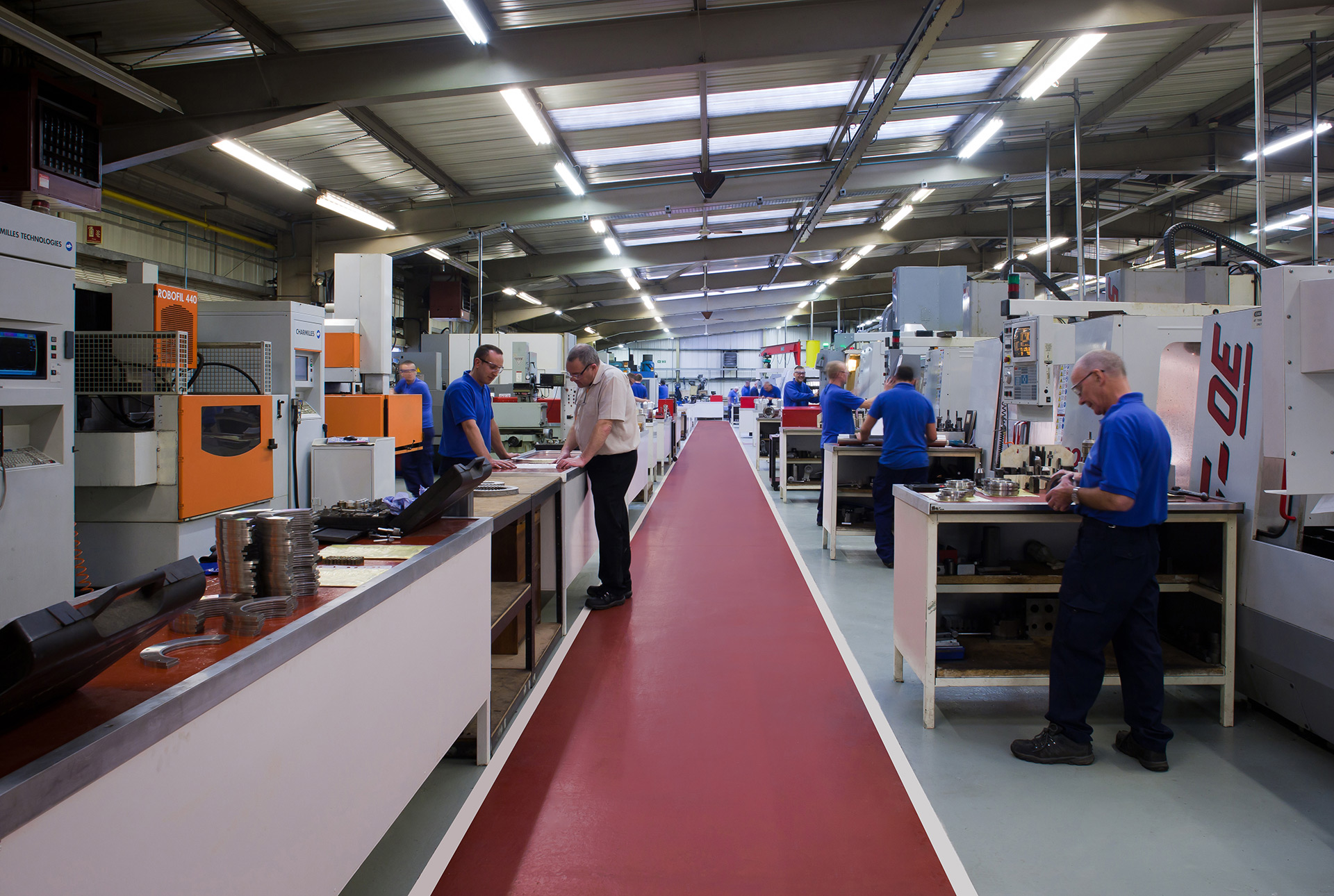Safety First: The Function of Industrial Cleaning in Risk Mitigation

In fast-paced industrial environment, ensuring a clean and safe workplace is paramount for the sustainability of all businesses. Professional cleaning services play a key role in making sure that facilities function efficiently while minimizing risks associated with hazards. The importance of having workspaces neat and systematic cannot be exaggerated, as it directly impacts employee health, productivity, and overall safety.
As industries constantly evolve and expand, so do the challenges related to cleanliness and safety norms. Whether handling heavy machinery, manufacturing byproducts, or hazardous materials, companies must emphasize efficient cleaning strategies to avoid accidents and health issues. By employing professional industrial cleaning services, businesses can establish a healthier working environment, enhance operational efficiency, and illustrate their commitment to employee safety.

Significance of Factory Sanitation
Commercial sanitation solutions play a crucial role in ensuring workplace safety and health. Such services help to maintain a tidy and orderly environment, minimizing the dangers associated with dust, waste, and unsafe materials. Regular cleaning lowers the possibility of accidents and damages, creating a risk-free space for employees. Furthermore, a sanitized facility enhances employee morale and productivity, as staff feel more at ease in a neat and tidy environment.
Another key benefit of commercial cleaning is adherence with health and safety regulations. Several industries are subject to strict guidelines that necessitate a safe working environment. By utilizing professional cleaning services, businesses can ensure they satisfy these standards, avoiding fines and legal issues. This not only shields the business but also builds a sense of trust among clients and employees, knowing that safety is a top priority.
Additionally, industrial cleaning contributes to the longevity of tools and infrastructure. TGF CLEAN and pollutants can lead to damage, impacting machinery performance and lifespan. Regular maintenance and cleaning help avoid costly repairs and downtime. By investing in industrial cleaning services, organizations can preserve their assets, optimize operations, and ultimately increase profitability through improved efficiency and minimized operational risks.
Key Benefits for Hazard Prevention
A major advantages of commercial cleaning services is the minimization of workplace hazards. Consistent and meticulous cleaning helps to remove dust, debris, and chemical residues that can cause slips, trips, and falls. Maintaining a tidy environment not just enhances safety but also promotes overall operational efficiency by keeping that pathways and workspaces stay clear and accessible. This preventive approach prevents accidents prior to they happen, protecting employees and minimizing downtime.
Moreover, industrial cleaning services play a crucial role in maintaining equipment and machinery. Soil and grease can accumulate over time, which may lead to equipment malfunctions or failures. By regularly cleaning these assets, companies can extend their lifespan and confirm they operate safely and efficiently. This maintenance also protects workers from potential accidents due to defective equipment but also lowers repair costs and increases productivity.
Furthermore, industrial cleaning contributes to compliance with health and safety regulations. Numerous industries are governed by strict guidelines that require high cleanliness standards to guarantee worker safety. Hiring professional cleaning services ensures that companies adhere to these regulatory requirements, lowering the risk of fines or legal issues. This compliance also promotes a secure working environment but also boosts a company’s reputation, demonstrating its commitment to employee welfare and responsible operation.
Best Practices in Industrial Cleaning
Implementing robust manufacturing cleaning strategies is essential for ensuring a healthy and productive work space. One best practice is to establish a regular cleaning plan customized to the specific needs of the facility. This plan should consider busy operational periods and possible hazards, ensuring that areas with intense foot traffic or machinery usage receive additional frequent cleaning. Additionally, incorporating detailed checks and records within this plan helps maintain accountability and ensures that all areas are regularly maintained.
Another crucial aspect of industrial cleaning is the use of appropriate cleaning supplies and tools. Organizations should invest in premium, eco-friendly cleaning solutions that are effective for the type of contaminants typically found in their workspaces. Training staff on the correct use of these solutions and tools not only improves the cleaning process but also decreases risks associated with unsafe handling. Ongoing education sessions can enhance safety measures and encourage best methods throughout the workforce.
Lastly, fostering open discussion among team members can significantly improve the success of industrial cleaning operations. Establishing a protocol for reporting issues or hazards can foster proactive cleaning and maintenance, preventing accidents before they arise. Soliciting feedback from employees who work in maintained areas can also help pinpoint specific problem spots or areas needing extra focus. By fostering a culture of security and cooperation, companies can establish a healthier, safer workplace for all employees.
